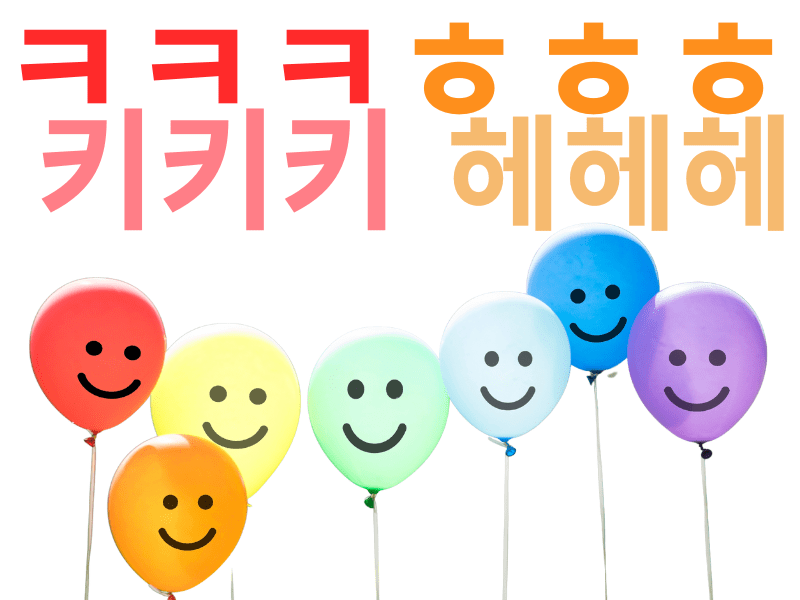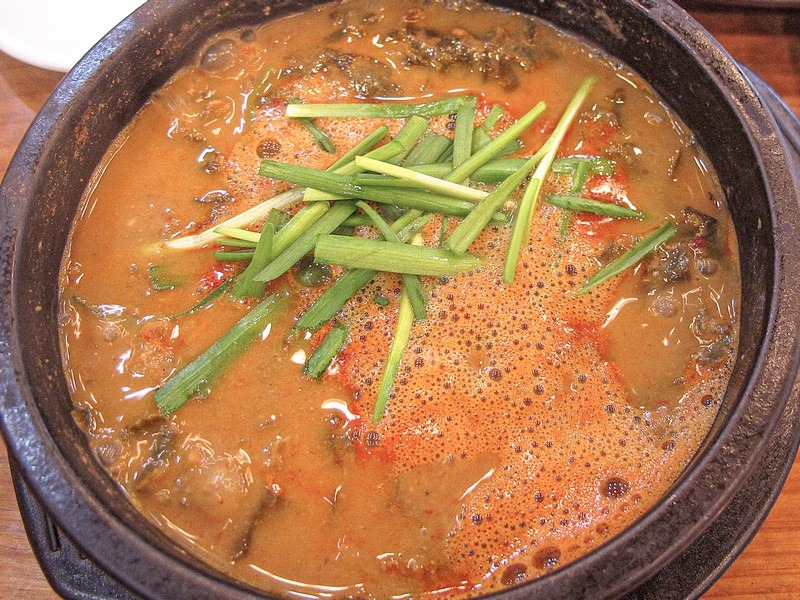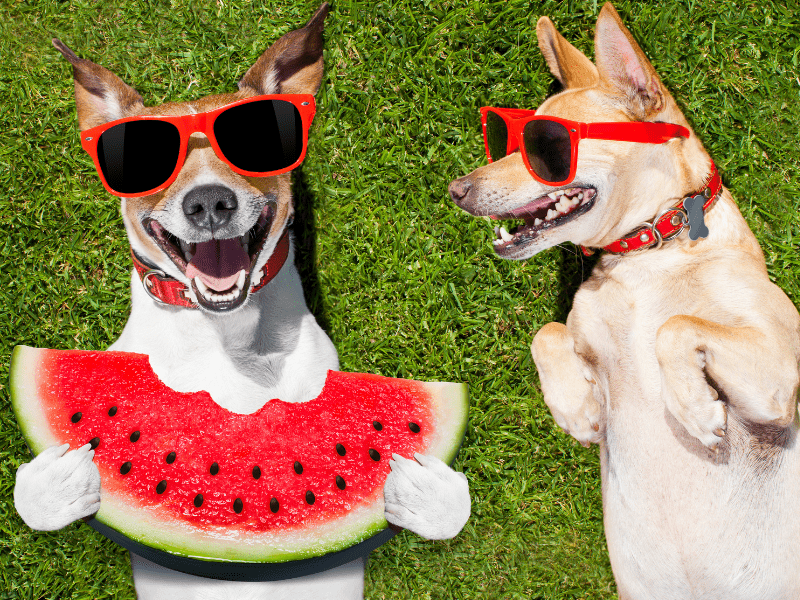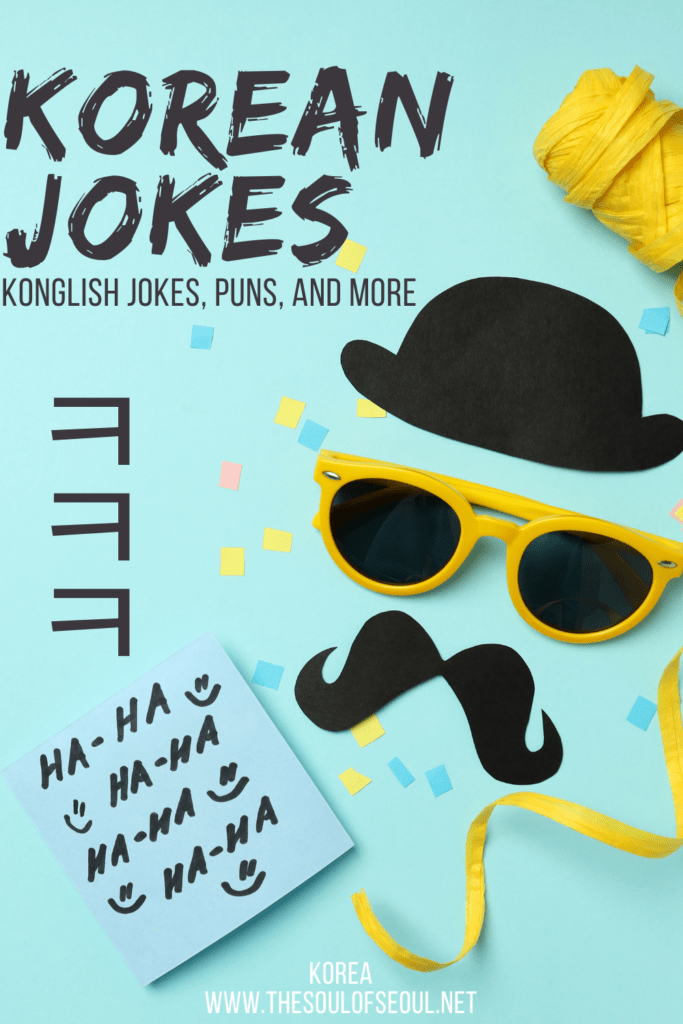Korean Dad Jokes: Or Jokes Your Bilingual Kids Will Love
Last Updated on October 20, 2023
For a little background, in my house, we’re constantly speaking English and Korean. My husband speaks only Korean with our daughter and I speak only English with her so every conversation between the three of us is bilingual. Now, kids can be… funny. I love that laugh when my daughter thinks she gets a joke but really doesn’t, but sees us laughing so she laughs. Fake it ’til you make it right? I really like that laugh when she thinks she’s told us the funniest thing ever and thus I’ve learned a lot of what I would call “Korean dad jokes”, called “아재개그” (ajaegaegeu) in Korean, but from my 8 year old.
These Korean jokes are more humorous if you’re bilingual or understand some Korean. If you’re teaching English in Korea, try out some of these with your students. Since my daughter is fluent in Korean and English I think she finds these kind of jokes especially funny linguistically. As a writer, I love that too. So, here’s a list of some funny English Korean jokes, or Konglish jokes, and Korean puns, you can use on your kids, students, or fellow Korean language-learners to get a laugh.

(This post contains affiliate links, which means I receive a certain percentage of a sale if you purchase after clicking at no cost to you. Thank you for your support.)
What does ajaegaegeu (아재개그) mean?
Ajaegaegeu (아재개그) means “Korean dad joke”. The Korean word is composed of two parts ajae “아재” which is the contraction of the word ajeossi “아저씨” which means middle-aged man. The second part of the word is gaegeu “개그“ which means gag in English, meaning joke, but Koreans use gag a lot more than we do in English.

Korean Dad Jokes and Konglish Jokes
If you’re learning Korean, you’ll probably come across some funny translations and sayings. Finding humor while you’re studying makes it all the more fun. These are great jokes to simultaneously learn some Korean vocabulary from.
Question: How do you escape a bear? (곰을 어떻게 탈출시키나요?)
Answer: Turn it over and walk through it. (뒤집어서 걸어가세요.)
This works because “bear” in Korean is 곰 so when you “turn it over” it becomes “door” 문 in Korean.
Question: What did the milk say when it fell over? (우유가 넘어졌을 때 뭐라고 말했나요?)
Answer: Aya! (아야!)
This works because “milk” in Korean is 우유 and when rotated, it becomes 아야 a common sound you hear expressed from Koreans when they’ve hurt themselves in a minor way,
Question: What’s the only food you can find made out of a cow, a bird, and a mouse? (소, 새, 쥐로 만든 음식을 찾을 수 있는 유일한 것은 무엇인가?)
Answer: Sausage (소세지)
This works because “cow” is 소, “bird” is 새, and “mouse” is 쥐 and if you say it fast enough can sound like “sausage” 소세지 in Korean.
Question: What did the fish say when his friend was eaten? (그의 친구가 먹혔을때 물고기는 뭐라고 말했나요?)
Answer: Oh dang! (오댕!)
This works because “odeng” 오뎅 is the Korean word for fish cake which is a fish that has been pounded down, seasoned, and boiled. It’s delicious.
Question: What do you say if you don’t have enough money at the pojang macha? (포장마차에서 돈이 부족하면 어떻게 할래?)
Answer: Oh dang! (오댕!)
Same answer as above? Yes it is. This works because “odeng” 오뎅, the Korean word for fish cake is often served as pojang macha restaurants and if you’ve forgotten your money, you might want to say “oh dang!”.

Question: What do you eat when you’re too hot? (너무 더울 때는 뭘 먹어요?)
Answer: Chuotang. (추어탕.)
If you’re too hot, you’d want to eat something cold to cool off. To say “I’m cold” in Korean, you say chu-eo (추워) and there’s a soup called chuotang (추어탕) in Korean.
Question: What store is a cow afraid of? (소가 무서워하는 가게는?)
Answer: Daiso (다이소)
This works because Daiso, a popular budget-friendly store in Korea, is pronounced like “Die So” and cow is so 소 in Korean.
Question: Why is Van Gogh so handsome? (반 고흐는 왜 이렇게 잘생겼을까?)
Answer: 귀없다
This works because the word for cute in Korean is is 귀엽다 which sounds the same as “not having ears” in Korean which is 귀없다.
Question: What’s the sound of an exploding bakery? (빵 터지는 소리가 뭐죠?)
Answer: 빵 (ppang)
This works because 빵 (ppang) is the word for bread in Korean but it is also the sound of something shooting out.

Question: What did the cat say to the sheep? (고양이가 양에게 뭐라고 말했나요?)
Answer: 고양이 (goyangi)
This works because cat in Korean is 고양이 and sheep is 양 soa cat works as cat and go sheep!
Question: What does Will Smith order with his rice? (윌 스미스는 그의 밥과 함께 무엇을 주문할까?)
Answer: He’s gettin’ jjigae wit’ it.
Question: What is a student’s favorite “dong” in Seoul”? (서울에서 학생의 제일 좋아하는 동 무슨 동이에요?)
Answer: 방학동 (banghakdong)
This works because banghak (방학) means vacation in Korean so students always look forward to their 방학 and Banghak-dong is an actual neighborhood, or “dong”, in Seoul.
Question: What does a vampire drink in the morning? (뱀파이어는 아침에 무엇을 마시나요?뱀파이어는 아침에 무엇을 마시나요?)
Answer: 코피 (kopi)
This works because a nosebleed in Korean is called 코피 which sounds similar to coffee in Korean which is 커피.
Question: What did the cookie say to his friends when he was ready to go? (그 쿠키는 갈 준비가 되었을 때 친구들에게 뭐라고 말했나요?)
Answer: 과자 (gwaja)
This works because “let’s go” in Korean is 가자 which can sound similar to the word snack, which a cookie is, in Korean which is 과자.
Question: What is the biggest bean in the world? (세상에서 가장 큰 콩은 무엇일까요?)
Answer: 킹콩! (king kong)
This works because 콩 (kong) means bean in Korean and the English word 킹 (king) with it together sounds like the big famous character King Kong, which also sounds like “big bean”!
Question: What is the most apologetic fruit? (가장 미안한 과일은 무엇인가?)
Answer: 사과 (sagwa)
This works because the Korean word for apple is also the word for apology in Korean which is 사과 (sagwa).

Question: What should you do if a watermelon sues you? (만약 수박이 당신을 유혹한다면 당신은 무엇을 해야 합니까?)
Answer: 수박! (subak)
This works because watermelon is 수박 (subak) in Korean which also sounds like “sue back”.
Question: What is the ocean’s favorite number? (바다에서 가장 좋아하는 숫자는 무엇인가요?)
Answer: 십 (sip)
This works because the number 10 in Korean is 십 which sounds like “ship”.
Question: Where can you find a tired pig? (어디서 피곤한 돼지를 찾을 수 있나요?)
Answer: 피곤해 (pigonhae)
This works because “I’m tired” in Korean is 피곤해 which sounds like “pig on hay” which is exactly where a pig would be if it were tired.
Question: Why did the pear go to the hospital? (그 배는 왜 병원에 갔습니까?)
Answer: 배아파서 (baeapaseo)
This works because the word for pear in Korean is 배 (bae) which also means stomach in Korean. The word 아파 (apa), from 아프다 (apeuda), meaning “pain or ache” so 배아파서 (baeapaseo) can mean “my stomach hurts” and “the pear hurts”.
Question: What did the boneless fish say? (뼈 없는 물고기가 뭐라고 하던가요?)
Answer: 오 마이 가시! (oh my gosh!)
This works because fish bone in Korean is “가시” so a boneless fish might say “oh my gosh” or in Korean 오 마이 가시!

Question: What is a robot’s favorite food? (로봇이 가장 좋아하는 음식은 무엇일까요?)
Answer: 비빔밥! (bibimbap)
This works because bibimbap sounds like “beep” “beep” or the sounds that a robot might make.
Question: What do you call a broken motorcycle? (고장난 오토바이를 뭐라고 부르죠?)
Answer: 못타 사이클! (motta sa-ee-keul)
This works because 못타 means “can’t ride” in Korean, but also sounds like “motor” in motorcycle.
Question: What language do sheep speak? (양은 어떤 언어를 사용하나요?)
Answer: 양말 (yangmal)
This works because sheep is 양 (yang) and 말 (mal) means word so 양말 means both “sheep words” but also socks!
Question: When is the best time to catch a snowman? (눈사람을 잡기에 가장 좋은 때는 언제인가요?)
Answer: Afternoon (After 눈)
This works because 눈 (nun) means snow so after snow is when to catch a snowman.
Question: What do you call scary water? (무서운 물을 뭐라고 불러?)
Answer: 괴물! (gwemul)
This works because water in Korean is 물 (mul) and monster in Korean is 괴물 (gwemul) so that would be some scary water.
How to laugh in Korean text?
- ㅋㅋㅋ -> pronounced as “keukeukeu”, it’s the most common way to express laughter in Korean. You can just say ㅋ, or if it’s really funny go all th way to ㅋㅋㅋㅋㅋㅋㅋㅋ.
- ㅎㅎㅎ -> It sounds like “h” in English, so ㅎㅎㅎ can be interpreted as “hahaha”.
- 헤헤헤 -> Similar to “h”, add some more characters and you’ve got “hehehe”, similar usage as ㅎㅎㅎ.
- 키키키 -> Essentially the same as ㅋㅋㅋ but a bit cuter sounding.
- ㅍㅎㅎ-> The shortened version of 푸하하 (puhaha) which is a sudden burst of laughter like “bwahahaha” in English text.
Did you like this post? Pin iT!



